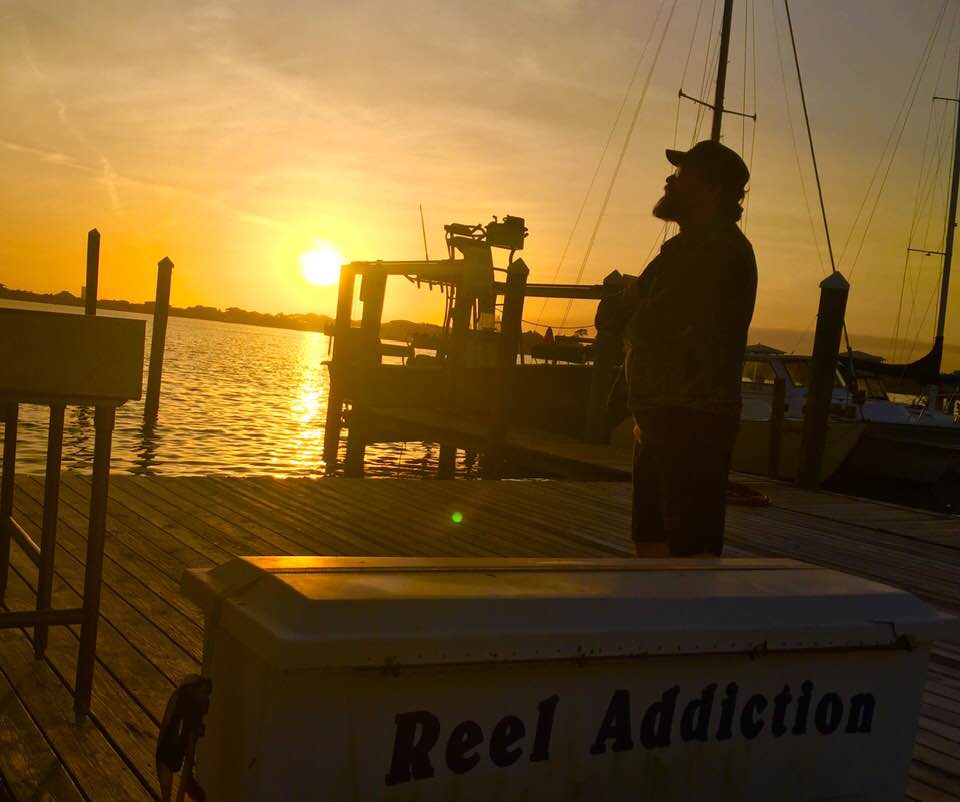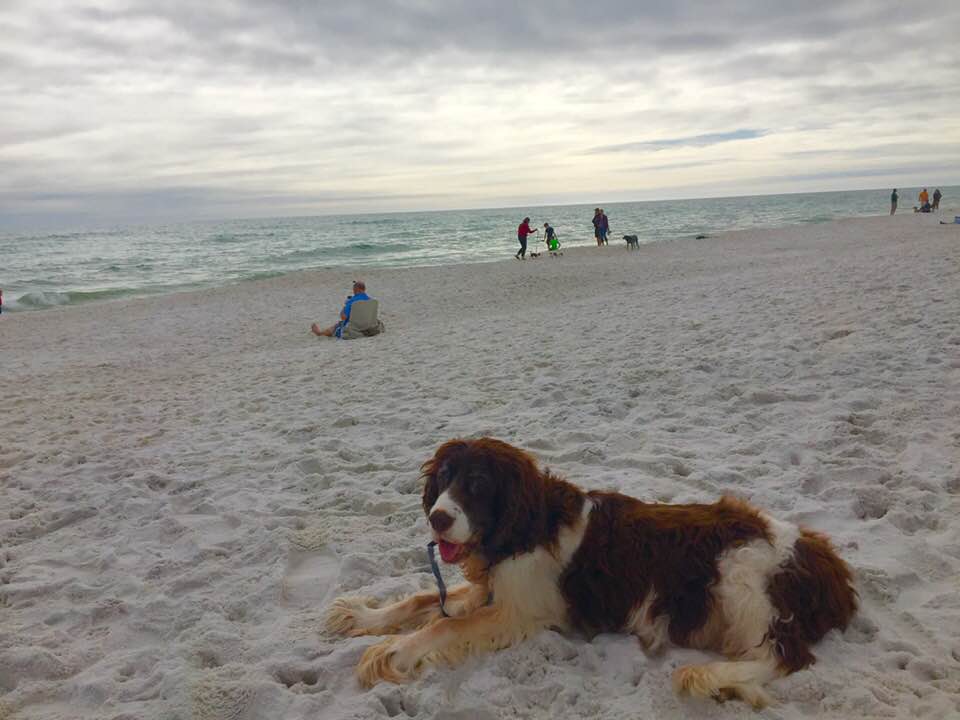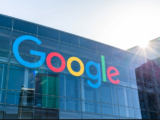How has your life been changed by this global pandemic? –
The Big Picture –
By Glynn Wilson –
WASHINGTON, D.C. — It feels like a scary movie of a lifetime has passed in the past three years since March, 2020, when the coronavirus pandemic national emergency was declared in the United States.
While the Covid-19 crisis is not entirely over, since according to health officials 1,000 people are still dying every week in the U.S. from the novel virus and its genetic variants, the Biden administration allowed the national emergency declaration to expire on Thursday, May 11.
A number of media reports remind us that 1.1 million people in this country died over the past three years and two months, and the disease remains among the leading causes of death in the United States.
Maybe it’s too soon or no one else has thought to report on it yet — although there are all kinds of how-to-style stories out there about what the end of the emergency means — there is no doubt that this pandemic changed all of our lives in many ways, whether we are confronting that reality head on or not.
I can only authoritative speak to how it changed life from my point of view and allow readers to comment on how they feel at this time.
When the emergency was declared, I was in Pensacola, Florida, searching for a new winter hideaway in my ongoing semi-retirement life of traveling around the country in a media camper van. While I found a place to stay for the winter near the Alabama-Florida state line, I was trying to find a place to spend winters in Florida.
Even in the months before the pandemic hit, I had gone through a series of life traumas. First, my close friend and news business partner David Underhill died in November, 2019, leaving me without a close ally — and a winter home in Mobile, Alabama.
Mobile Writer and Activist David Underhill Dies at 78
Then in December, my mother died.
Then on Christmas night, My Loyal Dog Jefferson Died, and for the first time, I felt all alone in this world.
I was following the news and saw the coronavirus pandemic coming, so started wearing gloves and masks in public in February. Then all hell broke loose when the emergency was declared in March. We reached a peak of 2.1 million hits that month, although I didn’t realize it at the time.
Coronavirus Hits Gulf Coast Just In Time for Spring Break
Thus began a strange new journey just to avoid exposure to the virus and stay alive, on top of trying to make my way in this world as an independent web journalist traveling the MoJo Road. What started out as a positive way to see more of the country, to photograph and write about more interesting places, became overnight a search for places to hide out from the virus, to stay alive and somehow remain in business.
Things got crazy in Florida when all the schools closed down and kids were wandering the neighborhoods looking for trouble — and the governor refused to recommend that people wear masks, or to even close the beaches for Spring Break.
I hightailed it out of there fast.
As long-time readers will recall, I found a science cabin in the woods to hunker down in for the month of April, 2020, on Lookout Mountain in North Alabama, then a rural place in Western North Carolina in May to plant an all organic garden from heirloom seeds and spend the first Covid summer in the Blue Ridge Mountains — waiting to see what would happen during the national emergency. It felt like the world was coming to some kind of an end. I felt it was important to know how to grow your own food.
The garden worked out great, but other things not so much. I faced a death threat there as one of Trump’s “enemies of the people” in the “liberal media.” So after the Republican Convention in Charlotte there in August, I knew it was time to get back to Washington. By the fall of that year, with the presidential election looming in November, I found a way to return to Maryland near Washington, D.C. to cover the 2020 elections.
So far, since the election — other than part of that first Covid winter in Knoxville, Tennessee — I’ve managed to make it here without having to travel back to the South, where politicians went Covid crazy and refused to adequately deal with the health crisis by denying facts and reality in this wild new mixed up world of “fake news.”
Somehow I managed to make it this long without catching Covid or getting sick. Unfortunately, the world of journalism is suffering an even more catastrophic crisis. Staying away from sick people in campgrounds in the woods and mountains is one thing. Making enough money to remain in business covering news seems harder than ever. In fact it seems unsustainable for much longer unless something drastically changes soon.
As even the American Writer’s Guild is on strike for writing most of the movies and television shows, every day there is a new story out about so-called Artificial Intelligence and how much of the writing in the future is going to be done by chat bots. This bodes worse for writers and journalism than the internet itself, social media, or the stupid metaverse as advertised when Facebook changed its name to Meta.
A few years on, Silicon Valley’s brief obsession with the metaverse has assumed the quality of a bad dream, according to a recent article in New York Magazine.
“Legless avatars beckoned us into barren digital landscapes to … stand around and talk about NFTs? … It was a … virtual world? No? A mixed-reality game? No? A new frontier? An escape from meatspace? A layer on top of it? Companies raised and spent billions of dollars on the metaverse without ever quite getting their stories straight about what it was supposed to be or do — they didn’t just lack a good pitch beyond ‘getting in early,’ they lacked a coherent concept to pitch in the first place.”
The metaverse was a term in search of a trend, according to John Herrman, “a trope in search of instantiation; a failed act of summoning by leaders who really thought they could control the weather.”
In an obituary published on Insider, Ed Zitron suggests the ultimate cause of death was the arrival of yet another next big thing:
“The Metaverse fell seriously ill as the economy slowed and the hype around generative AI grew. Microsoft shuttered its virtual-workspace platform … in January 2023, laid off the 100 members of its ‘industrial metaverse team,’ and made a series of cuts to its HoloLens team. Disney shuttered its Metaverse division in March, and Walmart followed suit by ending its Roblox-based Metaverse projects. The billions of dollars invested and the breathless hype around a half-baked concept led to thousands — if not tens of thousands — of people losing their jobs.
“But the Metaverse was officially pulled off life support when it became clear that Zuckerberg and the company that launched the craze had moved on to greener financial pastures. Zuckerberg declared in a March update that Meta’s ‘single largest investment is advancing AI and building it into every one of our products’.”
Zitron lays a great deal of responsibility for the hype at the feet — or in the space below the floating torso — of one man.
“Zuckerberg misled everyone, burned tens of billions of dollars, convinced an industry of followers to submit to his quixotic obsession, and then killed it the second that another idea started to interest Wall Street,” he writes.
In hindsight, the reason people fell for it could be related to Covid itself.
“Empty offices and newly empowered employees drove some tech executives out of their minds, and the Metaverse promised a solution, or at least functioned as a response. It represented an intoxicating fantasy, just not one that most of us would recognize — or, if we did, one that we might recognize as sort of a nightmare,” Herrman writes.
“Executive fantasies — and executive autonomy in general — get short shrift in most popular theories about How Things Work, I think,” he says, “especially in the tech industry, where superstar founders and CEOs are given considerable deference and leeway. They live weird lives, develop idiosyncratic views of the world, and have unusual amounts of power. It’s fair to assume that the leadership at a big tech firm is interested in maximizing efficiency and profit, for themselves or for shareholders. It’s the job description and often explains a lot, but not everything — sometimes it legitimizes what can seem like much more instinctual and personal decisions made under the auspices of the cold logic of capitalism.
“It certainly falls short in the case of Elon Musk’s Twitter, for example, where executive whims are the only thing with any remaining explanatory power.”
Mental Health Crisis
There is little doubt that the Covid crisis also contributed to exploding the mental health crisis in this country. Changed social circumstances still has many of us stuck in near lockdown mode, afraid to go back to life as normal before.
The other day I was talking to an attorney friend from Alabama who was recently injured in an accident when he fell off a horse in Montana.
“Hey, I have to do something for fun,” he said, when talking about his rehab to hopefully get back on a horse and ride again.
“Hey, I don’t do much for fun anymore, except to sit outside on nice days in a wooded campground,” I said. “It’s not like I’m going bar hopping around D.C. and going out to hear live music all the time anymore.”
He and I agreed that Covid changed the social behavior of most everyone in this regard, although many people seem to be finding ways to get their lives back to something resembling normal. We would be curious to hear other stories from people about how Covid changed their lives, that is if people could just stop feeding the Facebook monster for a few minutes and communicate with a real journalist interested in hearing peoples’ stories.
I know it’s hard to read anything longer than a Facebook comment these days. But feeding all your personal details into that interface is NOT helping you, and it is just going to make our entire situation continue to grow worse.
We have a comment section here that is actually archived in a way that can be found by Google and other search engines. Your Facebook archive will disappear one day soon. It’s not searchable anyway, except by some bot that regurgitates a random memory for you every day.
This is no way to live. It is literally killing me, if anybody cares anymore about what happens to writers and journalists.
Maybe the selfish gene has mutated to the point where people only care about their own opinions on Facebook, and the trait of altruism and helping others is finally dead. If that is the case, I am not the only one who is doomed to die alone. Many of you are going down with me.
Sorry for the pessimistic view of the world. But that’s how I see it as of this day. It’s a beautiful spring day outside. Maybe I’ll see you out there on the trail some day.
Meanwhile, it is being reported that Americans have become increasingly lonely and isolated, and this lack of social connection is having profound effects on our mental and physical health, the surgeon general warned in an advisory on Tuesday.
NYT: How to Feel Less Lonely, According to the Surgeon General
He is talking about real social connections with people IN PERSON, not more Facebook posts and comments.
Advisory: The Healing Effects of Social Connection
___
If you support truth in reporting with no paywall, and fearless writing with no popup ads or sponsored content, consider making a contribution today with GoFundMe or Patreon or PayPal. We just tell it like it is, no sensational clickbait or pretentious BS.
















